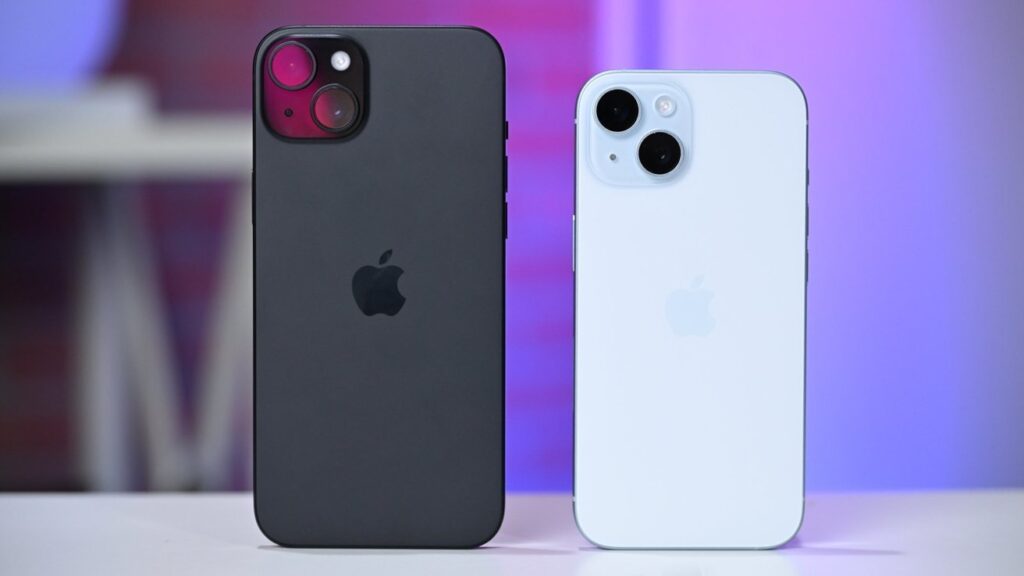Apple Inc. has been ordered to pay $110 million in damages after a court ruled against the tech giant in a lawsuit over 3G wireless technology patents. The decision, delivered on July 1, 2025, marks a significant loss for Apple, which has long been embroiled in legal battles over its use of patented technologies in its devices.
The lawsuit, filed by a consortium of patent holders, argued that Apple’s implementation of 3G technology in its iPhones infringed on existing patents. The ruling underscores the ongoing challenges tech companies face in navigating the complex web of intellectual property rights as they innovate and expand their product offerings.
Background of the Lawsuit
The case against Apple was initiated by a group of companies that hold patents essential to the 3G standard. These companies claimed that Apple had used their patented technology without proper licensing agreements. The legal battle has been ongoing for several years, highlighting the often-contentious nature of patent law in the tech industry.
3G technology, which revolutionized mobile communications by enabling faster data transmission and more reliable connectivity, has been a critical component of smartphones since its introduction. As such, patents related to this technology are highly valuable and fiercely protected by their holders.
Expert Opinions and Industry Impact
Legal experts suggest that this ruling could have broader implications for the tech industry. According to Dr. Emily Chen, a professor of intellectual property law at Stanford University, “This case highlights the importance of securing proper licensing agreements before implementing patented technologies. It serves as a cautionary tale for other companies in the tech sector.”
“This case highlights the importance of securing proper licensing agreements before implementing patented technologies. It serves as a cautionary tale for other companies in the tech sector.” — Dr. Emily Chen, Stanford University
The tech industry is no stranger to patent disputes, with major players often finding themselves on both sides of the courtroom. These legal battles can result in substantial financial penalties and can influence the strategies companies employ when developing new technologies.
Historical Parallels and Future Implications
This is not the first time Apple has faced significant legal challenges over its use of patented technology. In 2012, the company was involved in a high-profile case with Samsung over smartphone design patents, which resulted in a $1 billion verdict against Samsung, later reduced on appeal.
The current ruling against Apple may prompt other companies to reassess their patent strategies and ensure they are in compliance with existing intellectual property laws. It also raises questions about the future of patent litigation in the tech industry, particularly as new technologies like 5G and beyond become more prevalent.
Looking forward, Apple may choose to appeal the decision, a common practice in such cases. However, the ruling serves as a reminder of the importance of careful navigation of the intellectual property landscape, especially for companies at the forefront of technological innovation.
Conclusion and Next Steps
As Apple weighs its options following the court’s decision, the case will likely continue to be a point of discussion among legal experts and industry analysts. The outcome may influence how tech companies approach patent licensing and litigation in the future, potentially shaping the landscape of innovation and competition in the industry.
For now, Apple must address the financial and strategic implications of the ruling, while other tech companies watch closely, aware that they could be next in the line of fire in the ever-evolving world of patent law.
